FAQ About Living in the Dominican Republic:

“Life is an unanswered question, but let’s still believe in the dignity and importance of the question” – Tennessee Williams
Smart buyers want to ensure they are making the right choices and always have great questions.
I decided it was time for a FAQ list based on some of the most common questions we get asked about living in the DR. I hope you find this helpful.
- Why did you choose the North Coast of the Dominican Republic to live? The DR offers the most affordable real estate in the caribbean. We could buy a beautiful three bedroom home on a ravine lot with our own private pool (love the peacefulness) for less than half the cost of living in Canada. Honestly it was a dream come true. We felt safe and liked the idea of living in a gated residential area. Most of our neighbours are from Canada and the US. Also Cabarete and Sosua had a well established expat community which was important to us to meet new people and perhaps start a new business. Not to mention it has some of the best beaches just minutes from our home and that was a huge selling point for us!
- Why did you chose to live in a gated residential community? It provided security which was important as well as a “lock up and leave” concept. If we decide to live in the DR only during the winter months we can simply leave anytime and our home will be taken care of.
- What is the weather like? The weather is beautiful. Warm, sunny, tropical breezes all year. Some call the weather in the DR “the endless summer”. No snow and no cold winters full of shovelling! There is a rainy season but it is welcoming and helps to keep the North Coast lush and green. The mountains also protect the North Coast from hurricanes. For more weather information see our “Retire Caribbean Style” Blog.
- What is there to do in the North Coast?
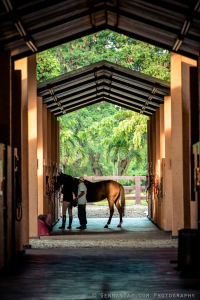
SeaHorse Equestrian Centre
Besides deciding what beach you would like to spend the day swimming or just relaxing there is plenty to do. Cabarete is the water sport destination of the caribbean so if you like to be active this is the place to be. You can volunteer (dog rescue groups, teach english, social events), learn to speak Spanish, start a new business, take a yoga class or photography class, join various clubs – tennis, swim, train for a triathlon. If you love horses you can find first class equestrian centres for jumping and riding.
- Can I work in the DR? Yes once you obtain your residency then you can legally work in the DR. There are many benefits to having your residency. For more information on residency see Guzman Ariza Attorneys at Law’s page Residency
- Can I buy a home without being a resident? Yes you can definitely buy a home without being a resident.
- Other caribbean islands have restrictions on some professions. Does the Dominican Republic have any restrictions? No, none at all. You can practice any profession or start any kind of business you want in the Dominican Republic, so long as you are qualified to do so. If you are an attorney back home, for example, you could practice in the Dominican Republic after having your license validated here. In that case, to obtain that validation, you would need to be a resident.
- What is the government like? It has a long established democratic government and the political system is very similar to North America. Also the government strongly promotes foreign investment.
- Can I get financing to buy a home? Today many of our developers offer financing and other incentives to help purchase your home. There is also financing available through the Scotiabank and Banco Popular.
- Is it inexpensive to live in the DR? “From real estate to the general cost of living, it can be hard to believe you’re in the Caribbean. Prices across the board are more Latin American. You could live comfortably in the DR on a budget of $1,200. With a budget of $2,000, you could afford more entertainment and extra household help, for example, and really enjoy the good life.” Huffington Post 5 Great Reasons to Live, Retire or Invest in the Dominican Republic. Cabarete and Sosua are recognized as a haven for retirees due to it’s affordability in the housing market. There is also a huge agricultural industry in the DR therefore local fruits and meats are very inexpensive. Electricity is expensive and you will find most people using propane for cooking, refrigeration, water heater and dryers.
- What about medical? Two minutes from our home in Sosua we have a new medical facility, the CMC – Cabarete Medical Centre in Sosua. This facility is state of the art and has specialists from all over the world. The CMC also provides 24 hour Emergency and Ambulance service as well as home visits. In Puerto Plata the Centro Medico Bournigal hospital provides full services. The doctors speak english and are very helpful. I had a cold when visiting my cardiologist in Puerto Plata and he gave me free cough medicine and lozenges for my sore throat. I was pleasantly surprised. A real benefit is no long wait times to make your next appointment. Medical insurance is very reasonable and offers plenty of options.
- Is the Dominican Republic safe? Yes, but the
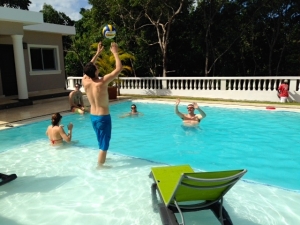 re can be dangerous areas in every city and country in the world, it is the same for the Dominican Republic. The crime rate is relatively low and the criminal activity is generally petty theft. In many respects the DR is a developing nation and many of its citizens are poor. Poverty as in most cases in the world is the key factor to criminal activity. Just use common sense. When living back home in Toronto, Ontario, we knew the areas not to travel alone at night – same here.
re can be dangerous areas in every city and country in the world, it is the same for the Dominican Republic. The crime rate is relatively low and the criminal activity is generally petty theft. In many respects the DR is a developing nation and many of its citizens are poor. Poverty as in most cases in the world is the key factor to criminal activity. Just use common sense. When living back home in Toronto, Ontario, we knew the areas not to travel alone at night – same here.
- Do you have any regrets about moving to the Dominican Republic? No regrets. We love living here and now we have family who have bought homes in our residential community.
If you have any questions about living in the Dominican Republic please send an email to Richr@wildefire.co
*Thank you to the Huffington Post referencing article “5 Great Reasons to Live, Retire or Invest in the Dominican Republic”
– written by Cathy Regan.

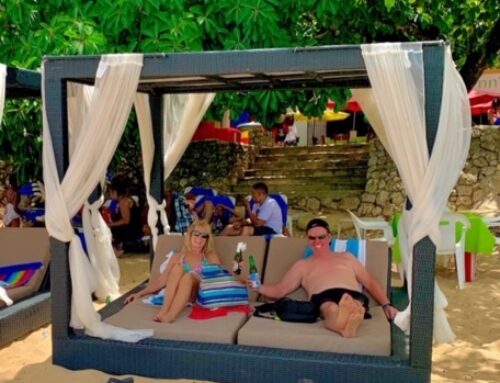
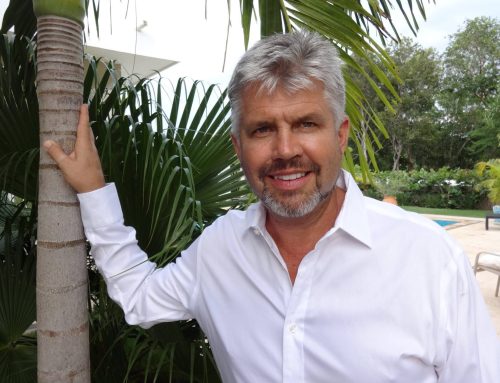
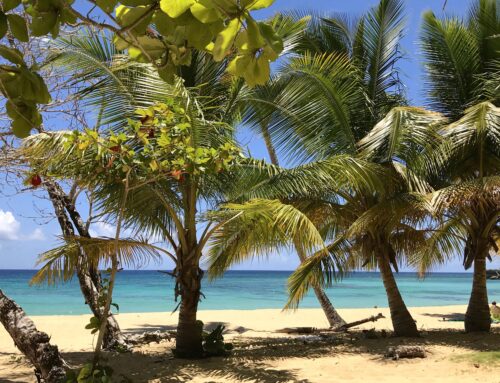
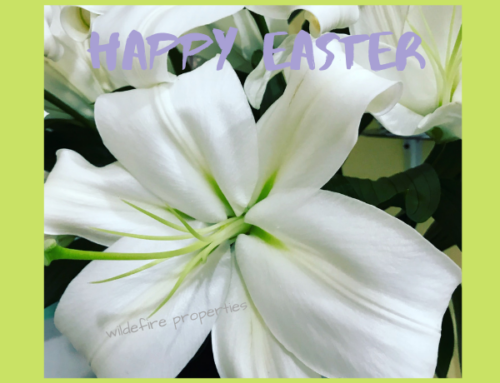
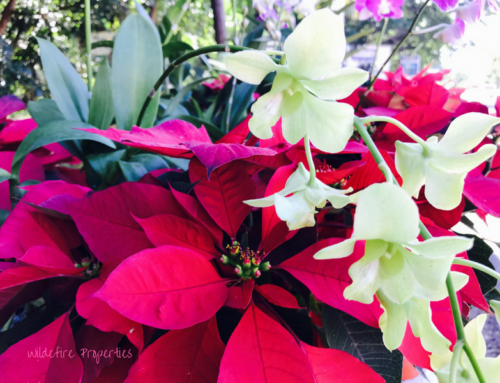
Leave A Comment